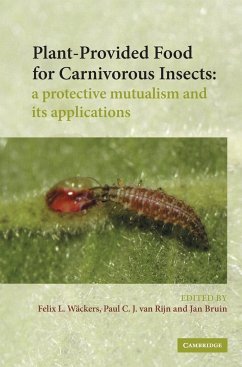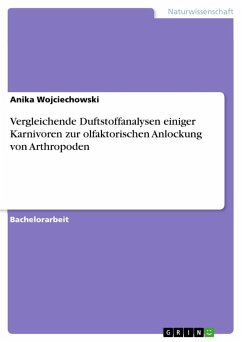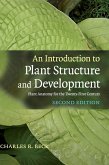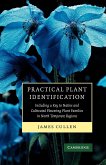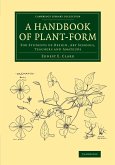Plants provide insects with a range of specific foods, such as nectar, pollen and food bodies. In exchange, they may obtain various services from arthropods. The role of food rewards in the plant-pollinator mutualism has been broadly covered. This book, first published in 2005, addresses another category of food-mediated interactions, focusing on how plants employ foods to recruit arthropod 'bodyguards' as a protection against herbivores. Many arthropods with primarily carnivorous lifestyles require plant-provided food as an indispensable part of their diet. Only recently have we started to appreciate the implications of non-prey food for plant-herbivore-carnivore interactions. Insight into this aspect of multitrophic interactions is not only crucial to our understanding of the evolution and functioning of plant-insect interactions in natural ecosystems, it also has direct implications for the use of food plants and food supplements in biological control programs. This edited volume provides essential reading for all researchers interested in plant-insect interactions.
Hinweis: Dieser Artikel kann nur an eine deutsche Lieferadresse ausgeliefert werden.
Hinweis: Dieser Artikel kann nur an eine deutsche Lieferadresse ausgeliefert werden.
'The book is a useful contribution for enlarging the published knowledge about general plant-insect interactions, with emphasis on the interactions at more trophic levels than is usually considered. The text is logically divided into a short introduction and three specialized parts ... The structure of the book is straightforward: two chapters are devoted to branching processes overview, followed by more theoretical parts about models, and ending with three chapters full of examples and real data. The book can be used by many researchers and graduate students working on population dynamics ... I appreciate that the text is written with respect to students and that the language used is also friendly for non-native English speaking readers. Thus this book is a good way to start understanding speciation. The target group, however, is not only students or evolutionary ecologists; I can also recommend this book to each institutional/university library and to many population biologists.' Jitka Vilimova, Charles University

